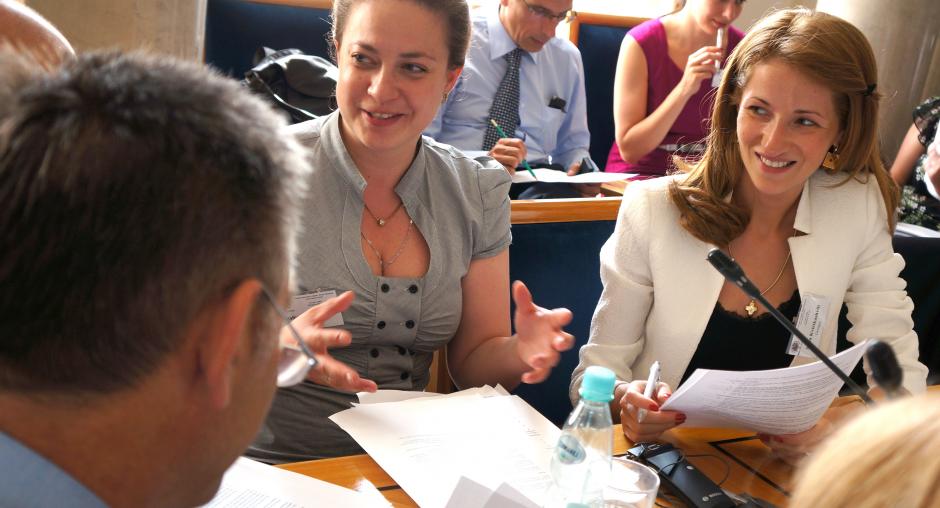Effective prosecution of hate crimes focus of ODIHR event for prosecutors

The effective prosecution of hate crimes was the theme of a meeting and pilot training session organized for 25 prosecutors from across the OSCE region by the OSCE Office for Democratic Institutions and Human Rights (ODIHR) in Warsaw on 5 and 6 July 2012.
During the meeting, participants discussed the final draft of ODIHR’s forthcoming publication, Prosecuting Hate Crimes: A Practical Guide. The handbook is designed primarily for prosecutors, but will also serve as a useful resource for police, judges, lawyers and civil society on the key aspects of investigating and prosecuting hate crime cases.
The meeting was complemented by a pilot training session based on the guide. Participants learned more about how to identify hate crimes and to use objective evidence to prove bias motivations.
“We are seeing increased awareness among OSCE participating States of the need to tackle the problem of hate crimes,” said Floriane Hohenberg, the Head of ODIHR’s Tolerance and Non-Discrimination Department. “While there has been a lot of work with police in this area, the training of prosecutors is an essential step in ensuring that those working in all parts of the criminal justice system are capable of identifying and punishing hate crimes effectively.”
ODIHR’s training programme for prosecutors is designed for implementation across the entire OSCE area, with each training event specifically tailored to the needs of a particular participating State.
“The most important aspect of events like this is the exchange and sharing of experiences from different jurisdictions on how to effectively prosecute hate crimes,” said Patricia Naré Agostinho, a public prosecutor from Portugal who took part in the training event.
The handbook and training programme build on ODIHR’s existing tools, such as Hate Crime Laws: A Practical Guide, a handbook for legislators, and Training against Hate Crime for Law Enforcement (TAHCLE), a programme to help law enforcement personnel better identify and investigate hate crimes.
